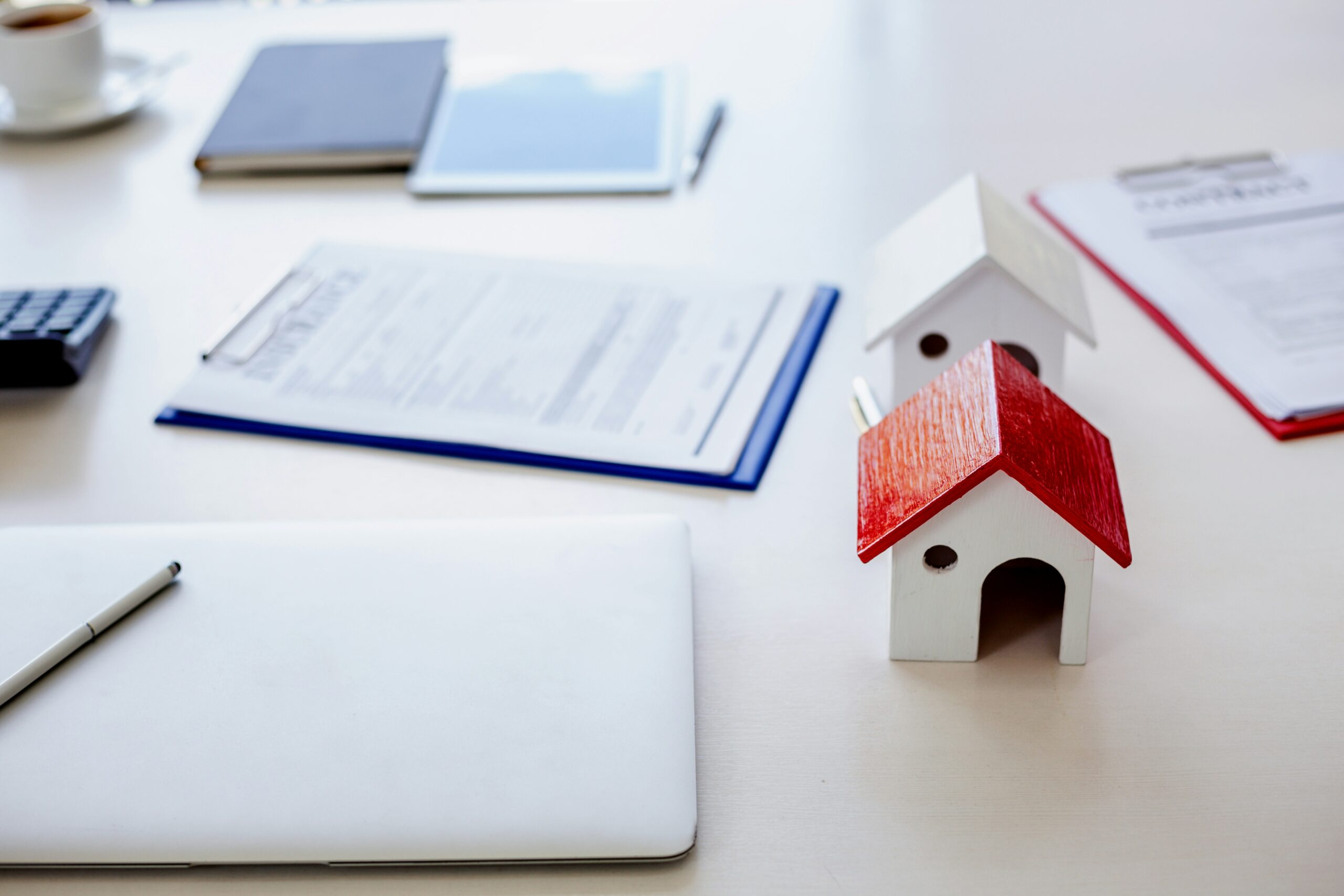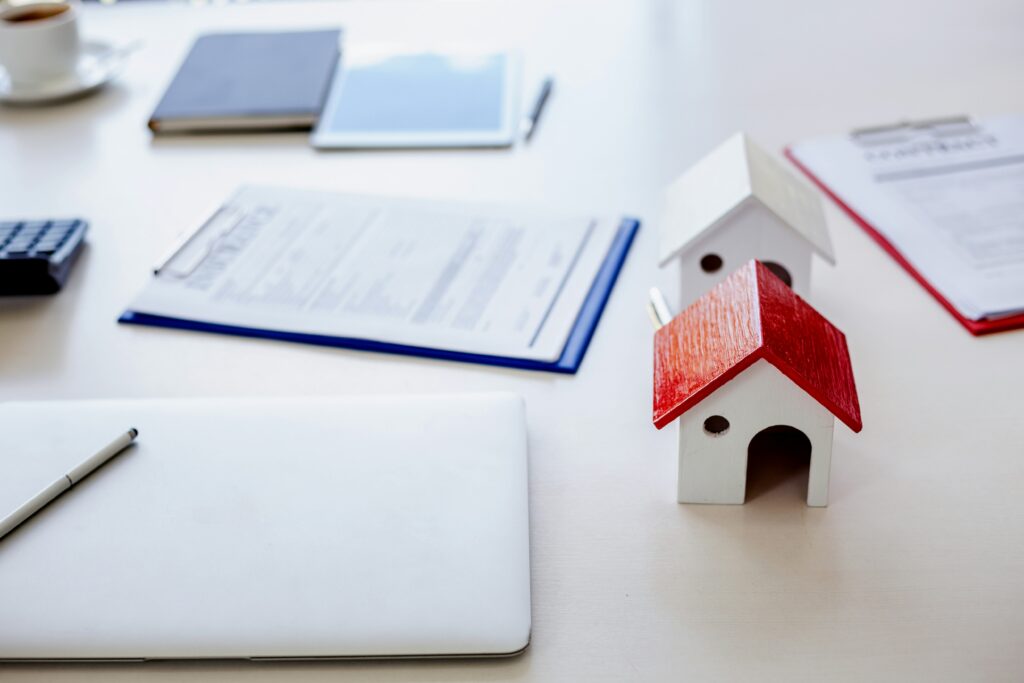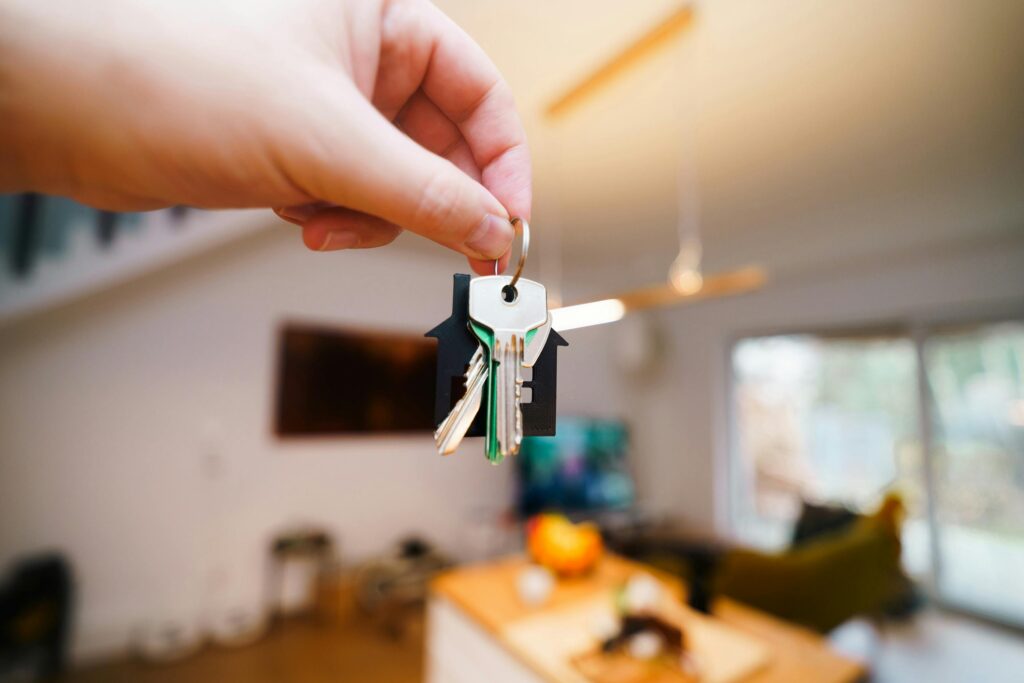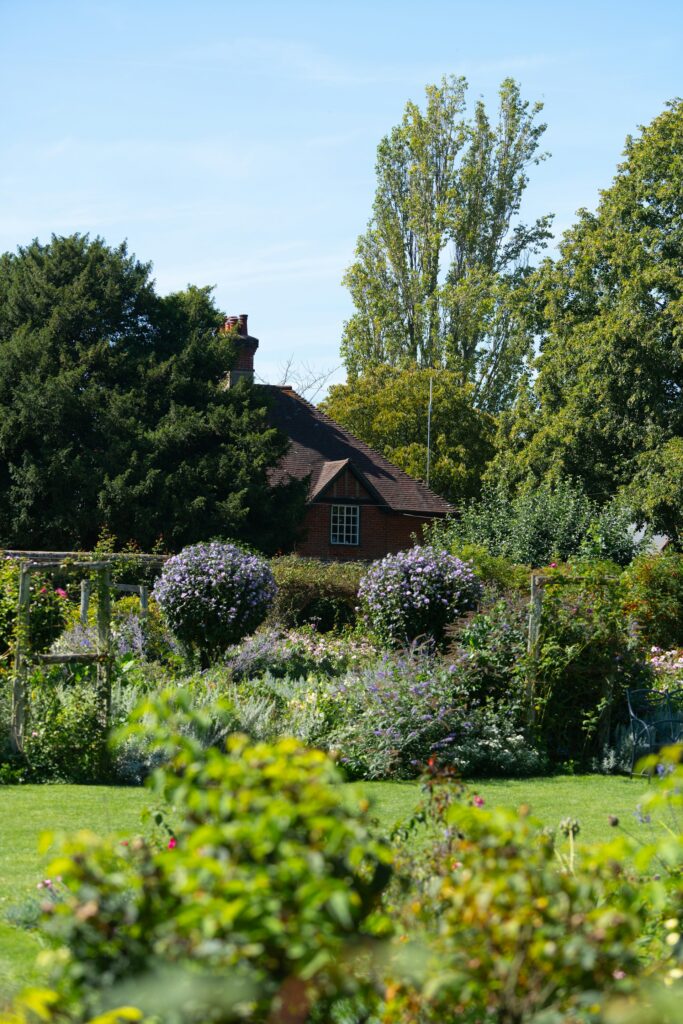Is it Harder Selling a Property with a Short Lease?

Estimated reading time 9 minutes
Selling property can be difficult at the best of times. With an average wait of six months for a property transaction to complete it is no wonder people like yourself might be looking to sell your house fast and avoid the lengthy process. Much depends on the route to sale. Cash house buyers provide a speedy sale, auctions can do the same, but is this process held up if there is a short lease? In general, it can be harder selling property with a short lease, especially if selling via estate agents. It isn’t impossible though and, in this blog, we explain how you can sell within a time frame that suits you and avoid complicated red tape.
What is a property with a short lease?
A property is considered to have a short lease if less than seventy years remain on it. In some cases, lenders may also consider eighty years to be short-term. Leases are normally issued from 99 years upwards. It is possible to see them for as long as 999 years!
Is my property a leasehold or freehold?
A freehold is where you own the property and the land, a leasehold is where you own the property but not the land. For example, if you live in a flat, it will more than likely be a leasehold property with one managing company holding the freehold. If you own a house, you may be either freehold or leasehold.
A leasehold property is yours for a set duration as set out in the terms of the lease. Once this period ends, ownership of both the land and the property returns to the freeholder.
Should your home be a freehold property, you have total ownership and can remain living there for as long or as little as you like.
In leasehold properties, you’ll likely be paying ground rent, service charges and maintenance fees to the freeholder. You might also need permission from them for major renovations to take place. With a freehold, there will be no additional charges and, as long as you are following planning laws, can develop the property as you wish.
Can I check if the property I’m selling has a short lease?
Yes, and it would be wise to do so. As we cover a little further down the page, selling with a short lease can be complicated and expensive. Simply head to the Land Registry and download the title register for your property. This will show when the lease was initially granted and how long it is for. Add the year of issue to the number of years the lease is for and then subtract the current year. This will show you how long you have left.
Should there be more than 90 years on the lease, there shouldn’t be any difficulties, other than the typical ones, when it comes to selling. If the lease has anything less than 80/85 years remaining on it, you could find selling a little difficult.
Why is it hard selling property with a short lease?
As leases expire, the property value begins to decrease, this sees lenders unwilling to offer mortgages as they are, in effect, investing in something that could lose them money.
Lenders look at the lease when offering a mortgage and, in many cases, expect the lease to run for as many as thirty years longer than the mortgage deal. In some cases, specialist lenders will be willing to offer mortgages on properties with a short lease. Whilst this may sound like a lifeline and help you with selling a home with a short lease, the interest rates are typically higher than normal. This can see buyers looking at other properties that won’t require a lease renewal and offer a more favourable mortgage.
Lease renewal is also expensive. It may be something out of reach for the current owner’s budget so selling becomes the only option. The problem here is that someone has to extend the lease, and potential buyers may not be willing to spend that additional cash. If they are, they may look to offer less on the home to cover the lease extension costs. Even if they are happy with covering costs, the lender may not be happy to offer a mortgage on a property that at the time only has a short period remaining on the lease.
In addition, the cost of renewing the lease only increases as it gets closer to expiry, so then you have a home not only losing value but also costing more to make it sellable.
How much value will I lose selling a property with a short lease?
Much depends on how long is left on the lease. The shorter the lease, the more value you lose. It has been estimated that you could lose as much as 10-20% of the value if your home has a lease classed as short.
How can you sell a property with a short lease?
So far, it has all sounded pretty negative but fear not. You can look at selling property with a short lease by investigating the options below. Some may work better for you than others but each is worth considering if you want to be able to sell your home.
Extend the lease before you sell
This probably sounds like the easiest option, and in theory, it is. You help protect the value of your home and are more likely to attract a seller. It’s just the time it takes, and the cost may be a hindrance. Approach the freeholder with your wish to extend, look to extend it to at least 95 years and perhaps give six months for the process to work itself through. This means you may have to stall the sale, but you’ll be in a better position for doing so. Should you have owned the home for at least two years, you have the right to extend the lease should you wish, and the freeholder cannot stop you.
Extend the lease during the sale
This may sound unusual, but it is possible. Have a valuation from a leasehold extension surveyor and ensure that notice has been served to the landlord. The lease can then be assigned to the buyer. This should help you get the asking price for your property as the lease is no longer short. Should payment for the extension be put upon the buyer, just be aware that you may receive less for the home to cover their costs. You should look to have this organised between exchange and completion at the latest.
Extending the lease after the sale
This is in fact possible but does come with a degree of trust between both parties. You would have to inform the buyer of your plans and have them accept that you’ll be covering the costs of lease extension via instalments. This will see additional costs added to your total as you will likely need a solicitor to draw up a legal agreement indicating that you are paying off the lease extension.
It would also be expected that the price you are offered may be a little less than you had hoped. The buyer could see this as a risky purchase. To help things run smoothly, get the lease extension survey completed and serve notice before exchange and completion.
Sell as is
You could just go ahead with the sale and hope someone buys the home. The only problem selling a property with a short lease, with no plan to extend, is that you are likely to see the offers be for a lot less, and potentially less frequent. The pool of buyers will likely be fewer and therefore see you waiting a long time to sell. This then sees the value tumble more, and the lease extension costs rise. Something potentially off-putting to buyers the longer the home is on the market. Furthermore, a buyer who does eventually secure the home will not be able to extend the lease for another two years after buying. This means they will need to factor in higher costs for the renewal than initially thought.
Buy the freehold
This can be tricky, expensive and time-consuming. If, for example, you live in a block of flats, you would need other leaseholders to look into taking on the freehold too. This will help you with the sale of the property eventually, but you may find nobody else willing to take the freehold. This option won’t help you secure a fast sale but may help give buyers a little more confidence as ground rents will no longer be a cost for them to consider.
Go to a cash house buyer
Cash house buyers are a quick route to sale that places no concern on the length of the lease. They naturally offer less than the asking price but can guarantee the sale in as little as seven days in many cases. With a fee-free model too, you can avoid all the complex solicitor fees you’d otherwise have to budget for. As cash house buyers have funds ready to put into the property, there is no concern of chain breaks or faltering mortgage applications. Instead, you get made an offer on your home, and if you choose to accept, that’s it! The money appears in your account within days, and you can move on to a new home.
How much will it cost to extend a lease?
If you want to extend the short lease of a property you are selling, you may be in for a shock. Costs will vary depending on how long you plan to extend the lease by, but you could easily be looking at over £10,000. See an example below:
A flat has 85 years left on the lease, it is extended by another 90 years. This now gives the flat a value of £300,000. With solicitor fees, the lease extension fee and surveyors, you could be spending between £8,000-£11,000 in total.
Should you have a short lease property you are looking to sell, speak to Bettermove. We can help you avoid the cost of extending the lease and still get your property sold. Our network of buyers are ready to make an offer on your property today and can help you sell your flat fast.



